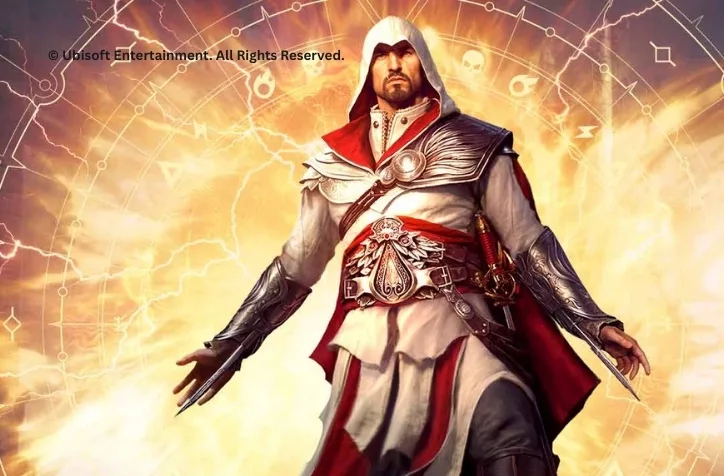

GG
Banter is an important part of playing video games with others. Whether supporting your teammates, roasting your friends, or congratulating an enemy on a game well played, communication is key. One of the most established terms that you’ve probably come across is GG. Usually offered after a match, let’s break down the meaning of GG, and why it might not be used seriously…
What Does GG Mean?
GG simply stands for “good game”. In its most direct and serious sense, GG is used after a game to indicate to the opposing side that it was an enjoyable and well-fought match. A close fight over a control point where one side narrowly eeks out a victory will often be met with GG on the main chat channel, for example, for players to show their respect.
Origins and Honesty
GG first rose to popularity when competitive online video games made headway on the PC. PC online games were popular long before their console counterparts, and during this time, text was the default form of communication. Back then, few games even supported microphone chat between players on the same team!
Text-only chat on PC and the popularity of early online games and long game sessions meant that shorthand became inevitable. Players would say good game after a match, which was shortened to GG. As GG was being used at the end of a round, the start of the round would often see text like “Good Luck, Have Fun!”, similarly shortened to GLHF.
GG is still used seriously today, but it also has a place to sarcastically comment on a poor match or to taunt your opponents over a one-sided stomp.
A player might say GG to their own team after a poor play cost them the game, for example, to express their frustration. One team that completely steamrolls another from start to finish might also comment GG after their victory, mocking the level of resistance of which their opponents were capable.
A Place in the Zeitgeist
As gaming has risen from niche to mainstream, terms like GG have become part of a much wider zeitgeist. Just as some people will say LOL out loud, GG has also pushed beyond text and into voice, and even out of gaming.
Logically, this might not make sense. GG has the same number of syllables as actually saying good game, so there’s no time saved with this approach, but it does mirror how active GG has become in our lexicons. As language evolves, different words find new places and uses, and GG is just one to make the jump from gaming into the real world.
Today, even those who have never played video games might find themselves using GG in conversation. Whether sincere or not, it’s an interesting development of one of gaming’s earliest terms, and we have to wonder what it means for the future of gaming language proliferation.


